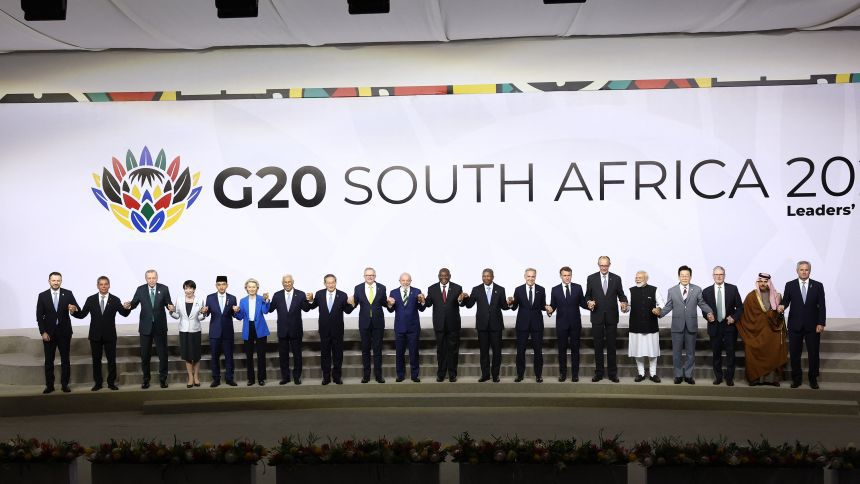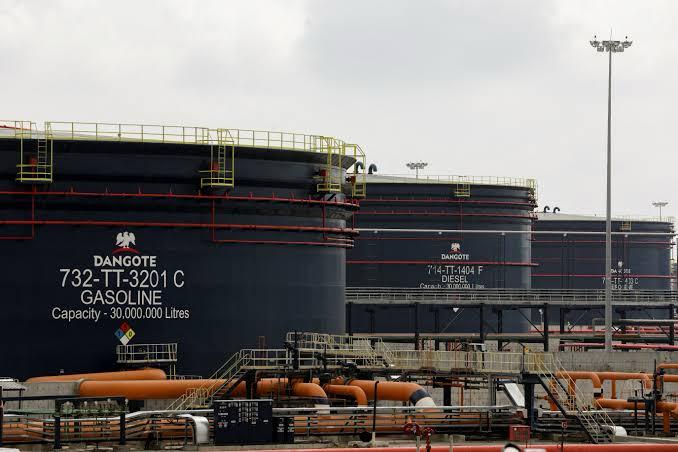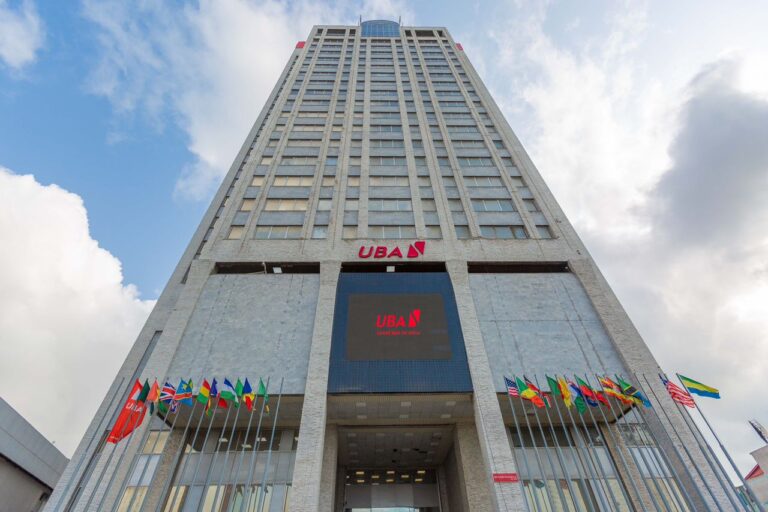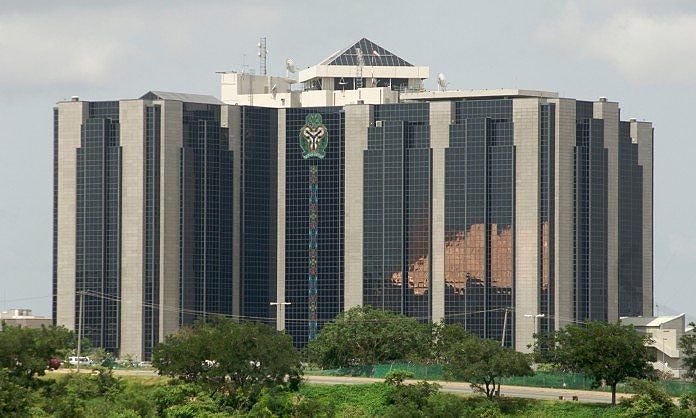By: ThinkBusiness Africa
The world’s largest economies, gathered at the historic G20 South Africa Summit on Sunday, have issued a forceful declaration acknowledging the severe debt vulnerabilities facing low-income and developing countries, particularly across Africa. The Leaders’ Declaration, positions global debt crisis at the forefront of the G20’s agenda for international financial architecture reform.
The host nation’s focus on Global South priorities was evident as the final declaration—unusually adopted early in the summit proceedings—committed members to tangible steps for ensuring long-term debt sustainability and unlocking crucial fiscal space for development.
G20 leaders expressed deep concern over the escalating cost of borrowing for the world’s most vulnerable economies. The declaration specifically highlighted that interest payments on total external public debt for low-income countries have more than doubled over the past decade, forcing many nations to spend more on debt servicing than on essential public services like education and healthcare.
Debt service on external public debt reached $487 billion in 2023. Half of developing countries were paying at least 6.5% of export revenues to service external public debt. According to a UN report.
Africa faces growing financing pressures as rising debt service costs severely constrain development. By the end of 2024, external debts to countries and multilateral financial institutions had reached $1.8 trillion, while annual debt servicing climbed to $163 billion, leaving 57% of Africans living in countries where debt payments exceed health or education spending.

“We recognise that a high level of debt is one of the obstacles to inclusive growth… The situation is particularly challenging for many low-income countries, especially those in Africa,” the declaration states.
Commitment to Revitalizing Debt Relief
In a move to streamline and strengthen current processes, the G20 re-affirmed its commitment to improving the implementation of the G20 Common Framework for Debt Treatments (beyond the DSSI). This framework, designed to provide comprehensive debt restructuring for eligible countries, has faced criticism for being too slow and complex in previous cases.
The declaration called for a renewed push to expedite debt treatments under the Common Framework to ensure that countries facing distress receive relief in a timely and orderly manner.
Also, a strong call for greater transparency from all creditors, including the private sector and major non-Paris Club bilateral lenders, to provide a clear picture of a nation’s total debt obligations.

Beyond immediate debt relief, the declaration supports a broader reform agenda for international financial institutions (IFIs). Leaders backed the ongoing review of the IMF-World Bank Low-income Countries Debt Sustainability Framework (LIC-DSF) to modernize the methodology for analyzing debt distress, making it more responsive to real-world economic shocks like climate disasters.
“We underscore the importance of addressing gaps in debt management, debt transparency, public financial management, and domestic resource mobilisation and will continue to advance adequate capacity-building initiatives to this end.” The declaration read.
The consensus reached in Johannesburg sends a strong political signal that the world’s major economies are ready to pivot from ad-hoc responses to a systemic and comprehensive approach to debt, viewing it not just as a financial problem but as a fundamental impediment to achieving the UN Sustainable Development Goals.












